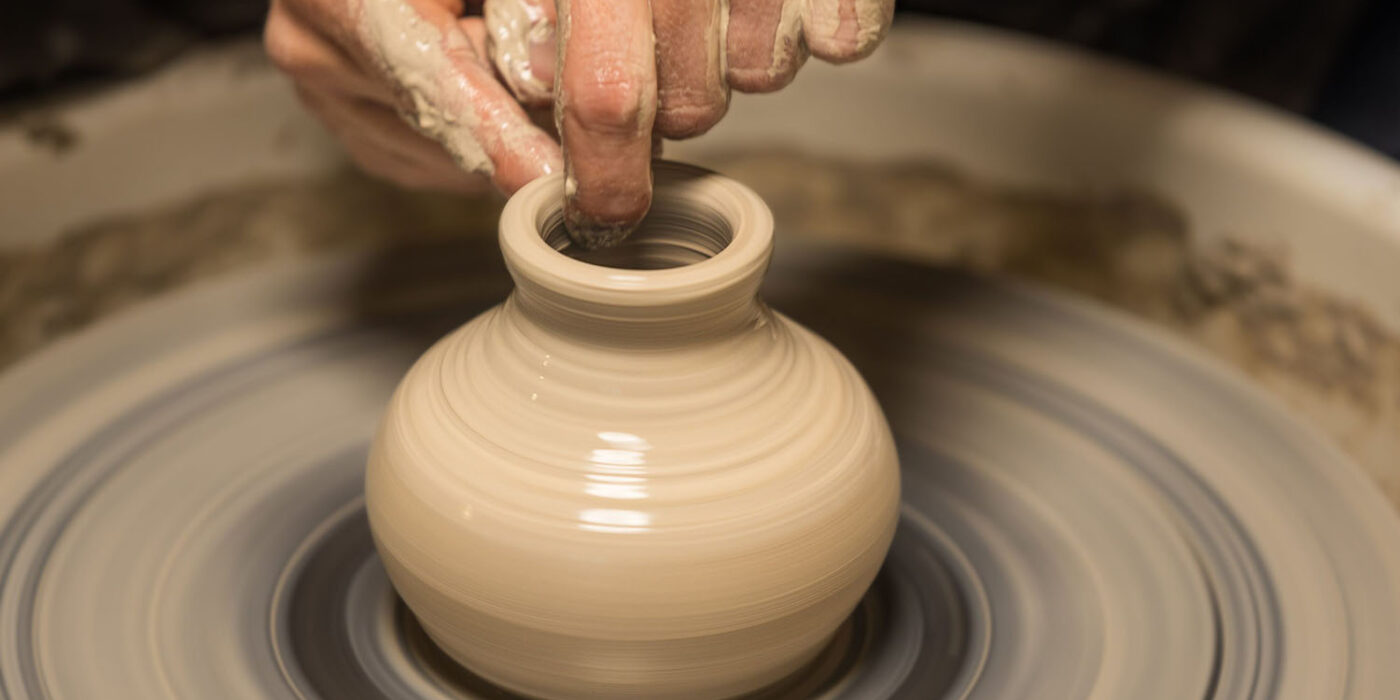Do you love your comfort zone as much as I do? Especially when I felt pressured in some way, my old habit was to retreat to comfort. It’s human nature. I can remember as a kid not having very much peace or ease in my life, which I’m sure in part explains why I’m a sugar addict. Sugar provided sweetness and an instant fix of comfort for me, when I was a kid but that habit hung around a little too long. I’ve been aware for some time that sugar is a poison in the body, so in the last several decades, I’ve been investigating other ways to comfort myself instead of turning to sugar. I love yoga, meditation and walking in nature; these practices all help to calm my system. I acknowledge that it takes courage to resist the allure of sugar because it’s so easy to access but I’ll continue to push on the edges of my comfort zone to embrace other ways to find sweetness in life because I know I’ll benefit in the long run.
“One can choose to go back toward safety or forward toward growth. Growth must be chosen again and again; fear must be overcome again and again.”
-Psychologist, Abraham Maslow
Mirriam-Webster dictionary defines comfort as “contented well-being, consolation in a time of trouble, a feeling of relief or encouragement.” Comfort implies a state of ease and satisfaction; it’s something we all want to experience. But staying in our comfort zone can over time create such a predictable life that we can feel bored or left out and long term that’s not a recipe for a happy life. It’s important to understand the difference between challenging the edges of our comfort zone and doing something that makes us feel uncomfortable. Moving out of our comfort zone implies that we accept a challenge and make the choice to grow even when it’s somewhat difficult. Engaging in an activity that makes us feel uncomfortable without a clear intention can have negative consequences and push us farther back into our comfort zone instead of helping to expand it.
“Move out of your comfort zone. You can only grow if you are willing to feel awkward and uncomfortable when you try something new.”
-Author Brian Tracy
Have I ever shared with you the experience I had when I started to study colour pencil drawing? My teacher was a physicist turned artist, who copied the masters, and became a master of the art herself. She had many tricks to help her students not feel overwhelmed when starting a drawing but the week after we were assigned to draw a group of apples from a photograph, I had barely one centimeter of the assignment done. I was so afraid to not get it right, I felt paralyzed until I was in my teacher’s company where I felt courageous enough to move the drawing along and eventually finish it. I remember the experience so well because I was pushed so far out of my comfort zone. I was asking myself who I thought I was, I was afraid of being judged by the teacher and what I learned was that as a student we don’t have to know all the answers, we don’t have to get it right the first time; we don’t have to judge ourselves harshly. We just need to be good students and having a lot of compassion for ourselves is an important part of being a good student. That lesson runs through everything I live today in my personal and my professional life. Having a student mindset allows me to be more compassionate toward myself when I don’t get it right; it supports me when I want to try new things, meet new people and have new experiences.
“Inaction breeds doubt and fear. Action breeds confidence and courage. If you want to conquer fear, do not sit at home and think about it. Go out and get busy.”
-Dale Carnegie
Especially as we get older, the comfort zone becomes more appealing. We’re concerned about stepping out, we’re afraid to look like we don’t know what we’re doing, and we think we should be able to handle everything in our lives, the way we’ve always done. So, staying in familiar surroundings feels safer than doing something we’ve never done before or trying something we’ve never tried before. It’s key to mention here that as we get older and our life circumstances shift: we retire from full-time work, we may move out of our family home, we may not have family close by or feel connected to our family, whatever the circumstances we need to accept whatever is going on. That may be the most courageous act of all: acceptance of life as it is. The curious thing is that once we fully accept life as it is, we create space for ease to take over from the anxiety of wishing life could be any other way.
“May your choices reflect your hopes, not your fears.”
–Nelson Mandela
Successful people understand that there’s no such thing as failure. When we don’t get the result, we expect when we try something new, it doesn’t mean we’ve lost. On the contrary, when we’re open to learning, we can see that we’ve gained wisdom, a fresh perspective and perhaps a new skill. We don’t always have to understand why something didn’t work for us, nor do we need to blame ourselves for not getting the result we wanted. We need to congratulate ourselves for taking a risk and embrace compassion for ourselves in the process. Life is anything but predictable and perhaps we shouldn’t be either. Learning to expand our comfort zone equips us to process change and uncertainty with more acceptance and grace; it also helps us to be more resilient in the face of future challenges.
Here are some tips to help you expand your comfort zone:
- Spend time in the company of courageous people and listen carefully to them so you can learn how to be more courageous.
- Be honest with yourself. Write in a private journal or talk with a trusted friend. Say exactly what you’re feeling.
- Challenge what you think you know. Be open to other viewpoints and opinions.
- Learn a new language or take up a hobby to push on the edges of your comfort zone. This helps with memory and problem-solving skills.
- Make being creative part of your every day: write, draw, paint, do a puzzle, sing, dance, play music or build a business. These activities help to alleviate the need for perfection and encourage a student mindset.

